Maui, known as the “Valley Isle,” boasts a rich history that intertwines ancient Hawaiian culture, colonial encounters, and modern transformations. The island’s origins trace back approximately 1.5 million years when volcanic activity from Mauna Kahalawai and Haleakalā formed its dual peaks, creating the fertile valleys that define its landscape Lonely Planet. Polynesian voyagers from the Marquesas Islands and Tahiti arrived around 1000 CE, bringing with them sophisticated navigation skills and establishing a society rooted in agriculture, fishing, and the sustainable land management system known as ahupuaʻa Lonely Planet.
The 18th and 19th centuries marked significant changes for Maui. In 1778, Captain James Cook’s arrival initiated increased European contact, leading to the introduction of foreign diseases and cultural shifts. By the early 1800s, Christian missionaries arrived, and Lahaina emerged as a prominent whaling port, further integrating Western influences into Hawaiian society howzithostels.com. In 1795, King Kamehameha I unified Maui into the Kingdom of Hawaii after the Battle of Kepaniwai, solidifying the island’s role in the Hawaiian monarchy Docslib.
The late 19th century ushered in the sugar industry, transforming Maui’s economy and landscape. Sugarcane plantations flourished, attracting laborers from China, Japan, Portugal, Puerto Rico, and the Philippines, contributing to Maui’s diverse cultural tapestry. However, this period also saw the erosion of Native Hawaiian sovereignty, culminating in the 1893 overthrow of Queen Liliʻuokalani by American businessmen, leading to Hawaii’s annexation by the United States in 1898.howzithostels.com Richesin Engineering LLC Go Travel Daily+1Lonely Planet+1
The 20th century witnessed Maui’s transition from an agricultural base to a tourism-driven economy. The island’s natural beauty, including attractions like Haleakalā National Park and the Road to Hana, drew visitors worldwide, reshaping its economic and social landscape. Despite this growth, challenges such as land speculation and preserving Native Hawaiian culture and land rights persist, as evidenced by the community’s response to the 2023 Lahaina wildfires.howzithostels.comTime
Today, Maui stands as a vibrant blend of ancient traditions and modern influences. While tourism remains a significant economic driver, efforts to balance development with cultural preservation and environmental stewardship continue. The island’s history serves as a testament to its resilience and the ongoing journey of its people to maintain their identity amidst changing times.Richesin Engineering LLC, Hana Kai Maui Resort, LLC, Go Travel Daily
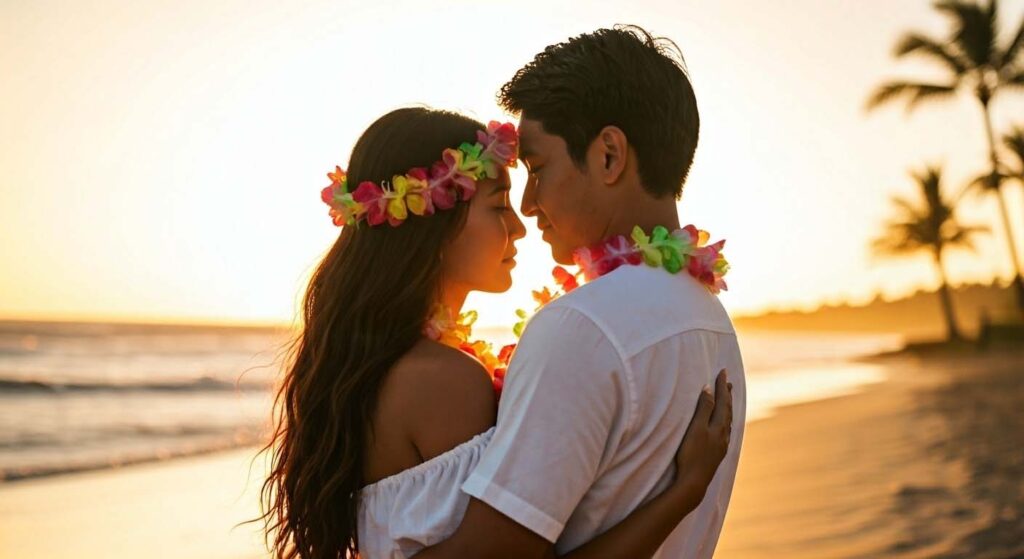

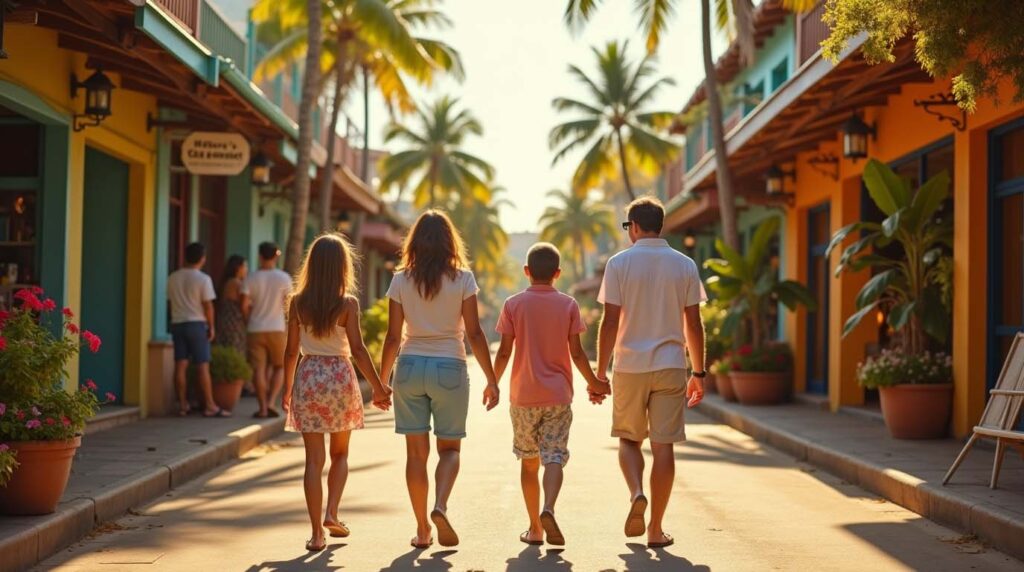
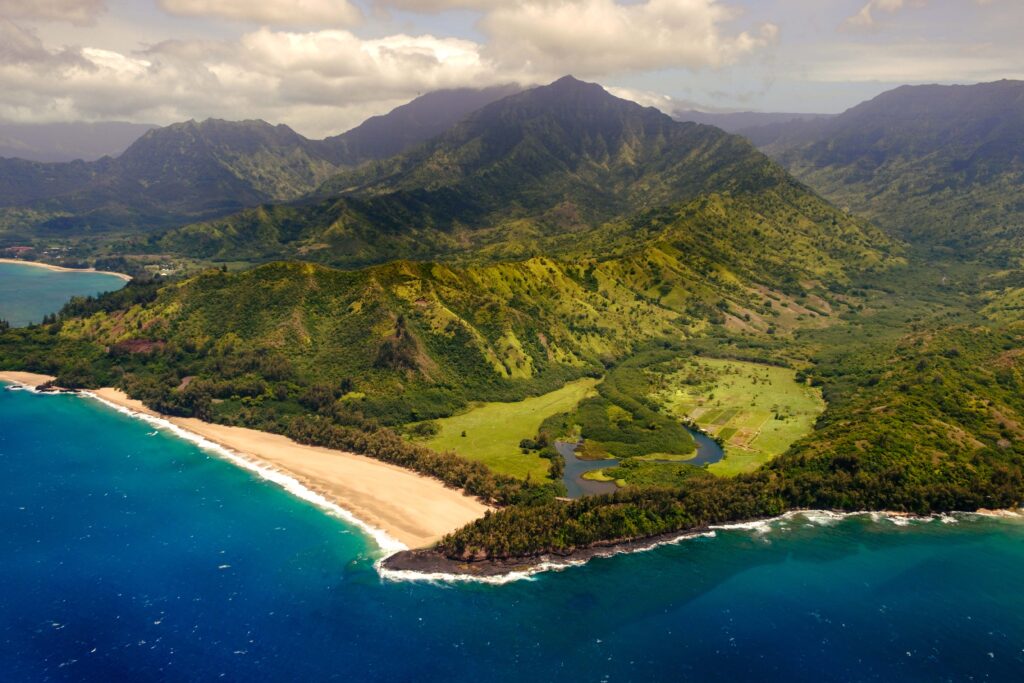
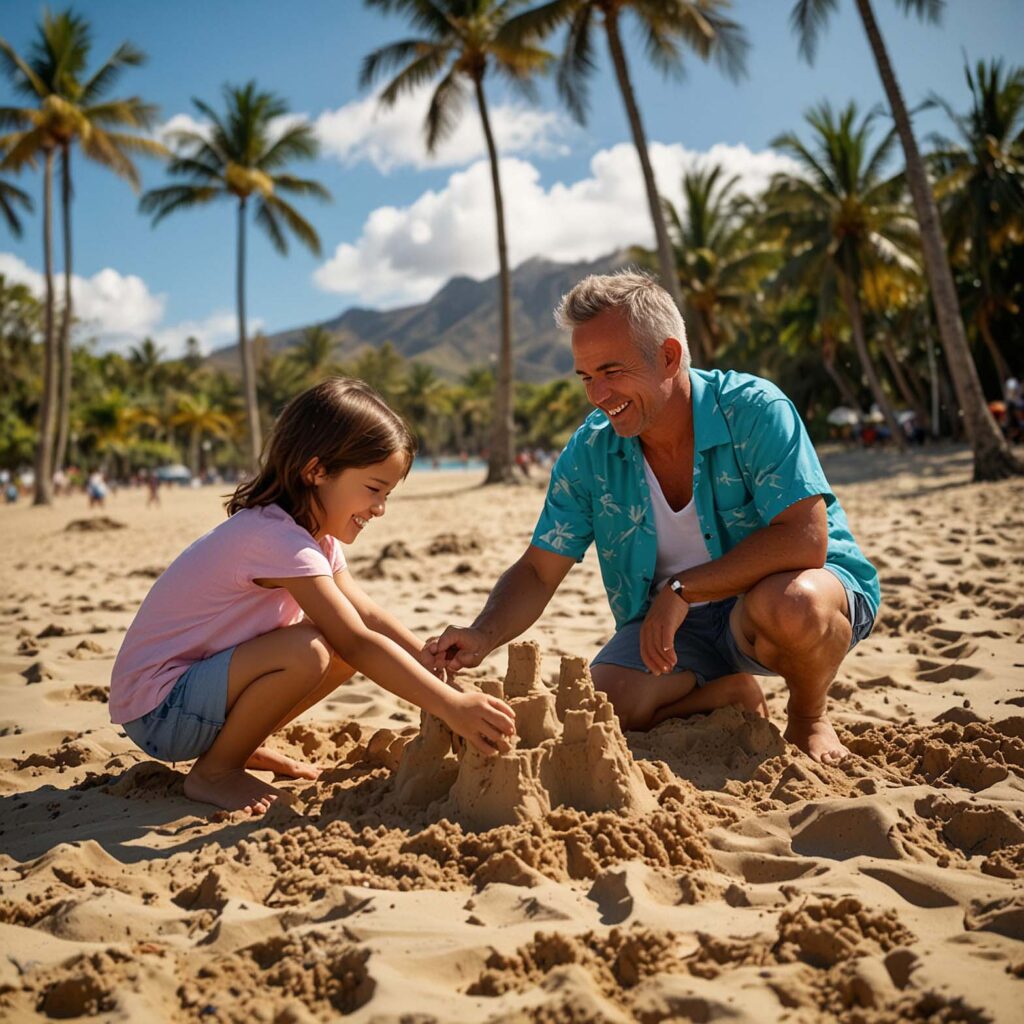
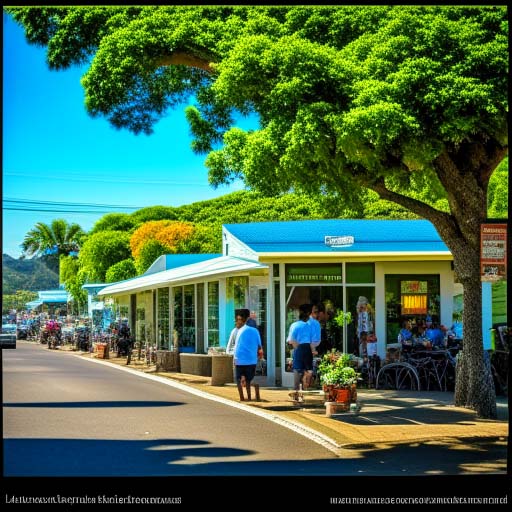
Maui boasts some of the most stunning beaches in Hawaii, each offering unique experiences. Here are five top beaches that stand out for their beauty, activities, and ambiance:
1. Kapalua Bay Beach
Location: Northwest MauiPlanetWare+5Islands+5Latest news & breaking headlines+5
Highlights: A crescent-shaped bay with calm, clear waters ideal for swimming and snorkeling. The beach is protected by lava rock outcroppings, creating a serene environment.
Why It’s Special: Consistently ranked among the top beaches in the U.S., Kapalua Bay offers excellent snorkeling opportunities with abundant marine life and is family-friendly due to its gentle surf.Islands
2. Ka’anapali Beach
Location: West Maui, near Lahaina
Highlights: A three-mile stretch of white sand adjacent to resorts, restaurants, and shopping. The northern end features Black Rock, a popular spot for snorkeling and cliff diving.Skyline Hawaii
Why It’s Special: Once a retreat for Hawaiian royalty, Ka’anapali Beach combines natural beauty with cultural experiences, including the daily cliff diving ceremony at Black Rock.PlanetWare+1Skyline Hawaii+1
3. Makena Beach (Big Beach)
Location: South Maui, Makena State Park
Highlights: One of Maui’s largest beaches, known for its expansive golden sands and dramatic scenery.
Why It’s Special: Makena Beach offers a more secluded experience with fewer crowds, making it perfect for sunbathing and enjoying the natural surroundings. However, swimmers should be cautious of strong shore breaks.Maui by Foot
4. Wailea Beach
Location: South Maui, Wailea Resort areavogue.com+4Islands+4PlanetWare+4
Highlights: A well-maintained beach with soft sand and gentle waves, flanked by luxury resorts.
Why It’s Special: Ideal for families and those seeking comfort, Wailea Beach provides easy access to amenities while maintaining a picturesque setting with opportunities for swimming and snorkeling.
5. Napili Bay
Location: West Maui, near KapaluaSkyline Hawaii
Highlights: A charming, crescent-shaped bay with calm waters, making it excellent for swimming and snorkeling.
Why It’s Special: Napili Bay offers a more laid-back atmosphere compared to nearby resort beaches, providing a perfect spot for families and couples to relax and enjoy the sunset.
Each beach offers a unique slice of Maui’s coastal beauty, catering to different preferences, whether you are seeking adventure, relaxation, or family-friendly activities.
